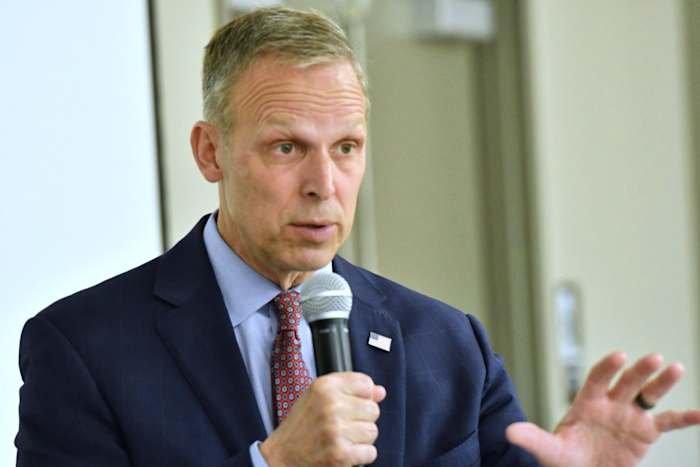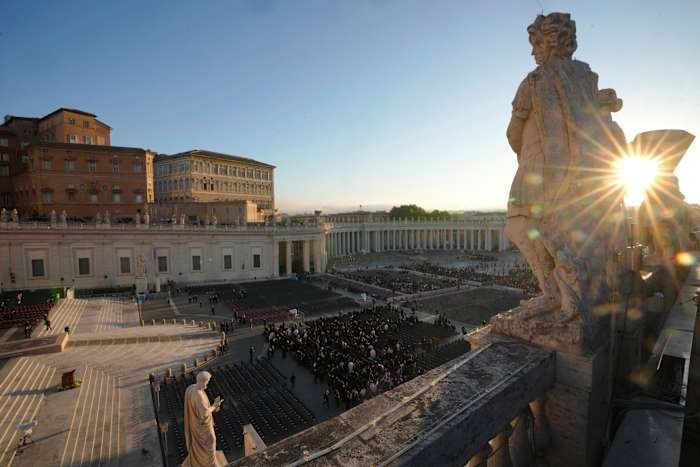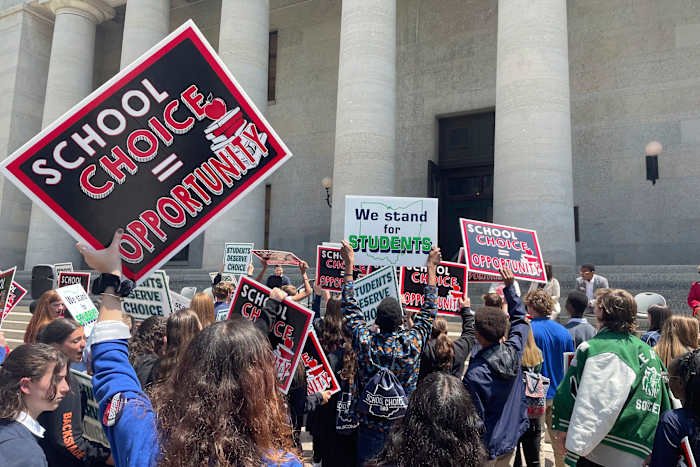Introduction
As the Easter recess unfolds, many eyes in Orlando and across the nation are turning toward Congress—and not just for their legislative work. Republican members of Congress have made headlines for avoiding public meetings and town halls with their constituents during this two-week break. This trend has sparked concern and debate in Central Florida, where residents value open communication with their elected officials. In this article, Daily Orlando News explores how this national political move is resonating in Orlando, what it means for local engagement, and how citizens can respond.
Why Are GOP Lawmakers Skipping Public Meetings?
Traditionally, congressional recesses like Easter are a time when lawmakers return to their home districts to connect with voters, host town halls, and listen to local concerns. However, this year, many Republican Congress members have opted to keep a low profile. Reports suggest concerns over heated confrontations, organized protests, and tough questions about issues like healthcare, immigration, and the economy are driving their decisions. For Orlando residents, this means fewer opportunities to voice opinions on federal decisions that directly impact Central Florida, from funding for tourism recovery to hurricane relief programs.
The Local Impact: Orlando’s Desire for Dialogue
Orlando’s diverse and engaged community is no stranger to political activism. Over the years, town halls have served as essential forums for discussing issues such as affordable housing, transportation, and public safety. With Republican lawmakers avoiding these events, many Orlandoans feel excluded from vital conversations. Local advocacy groups, such as Central Florida Progressive Alliance, have expressed frustration, stating that accountability and transparency are cornerstones of democracy. The lack of face-to-face interaction leaves many residents wondering how their voices will be heard in Washington.
How Orlando Residents Are Responding
The absence of public town halls hasn’t quieted the voices of Orlando citizens. Social media platforms, virtual forums, and letter-writing campaigns have surged as alternative methods for constituents to reach out to their representatives. Some local groups have even organized their own “empty chair” town halls, inviting elected officials to participate or at least acknowledge concerns. Orlando’s robust civic culture ensures that, even without traditional meetings, the demand for accountability remains strong. Residents are also using this moment to encourage voter registration and engagement ahead of the next election cycle.
What This Means for Future Political Engagement in Orlando
The decision by Republican lawmakers to avoid public meetings during the Easter recess could have lasting effects on political engagement in Orlando. Many experts believe that avoiding tough questions can erode trust between elected officials and their constituents. For a city as dynamic and fast-growing as Orlando, sustained dialogue is crucial to ensuring that federal policies align with local needs. The current situation may push more residents to get involved in grassroots organizing or consider running for office themselves. It also serves as a reminder of the importance of staying informed and proactive, even when traditional avenues for engagement are limited.
Conclusion
As Orlando watches the national conversation about congressional accessibility unfold, it becomes clear that local voices matter more than ever. While some lawmakers may be avoiding public scrutiny, Orlando’s citizens remain eager to be heard and to hold their representatives accountable. How do you feel about your access to elected officials during this recess? Have you tried reaching out to your representatives, and what was your experience? Share your thoughts in the comments below—your perspective helps keep our community informed and engaged!















